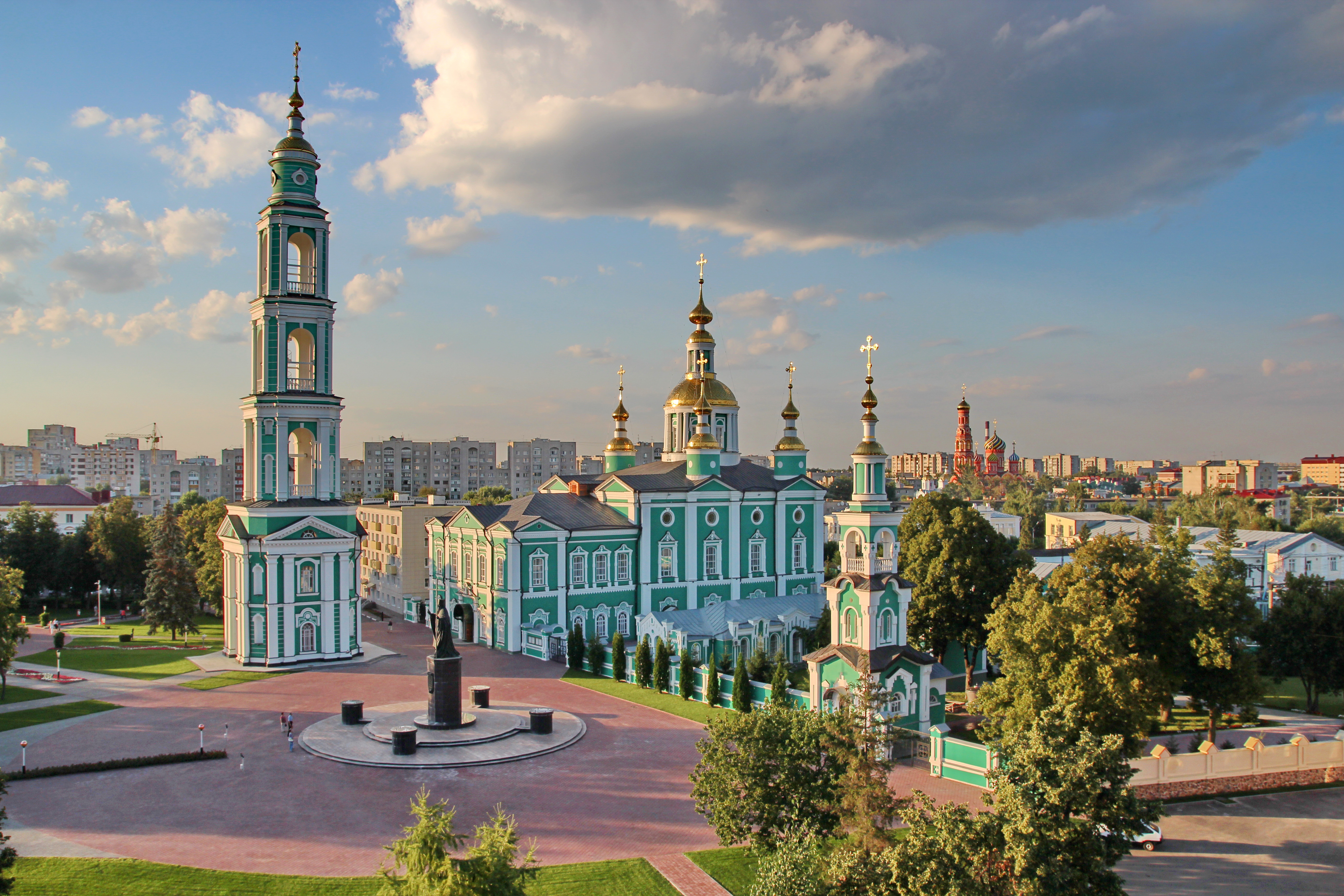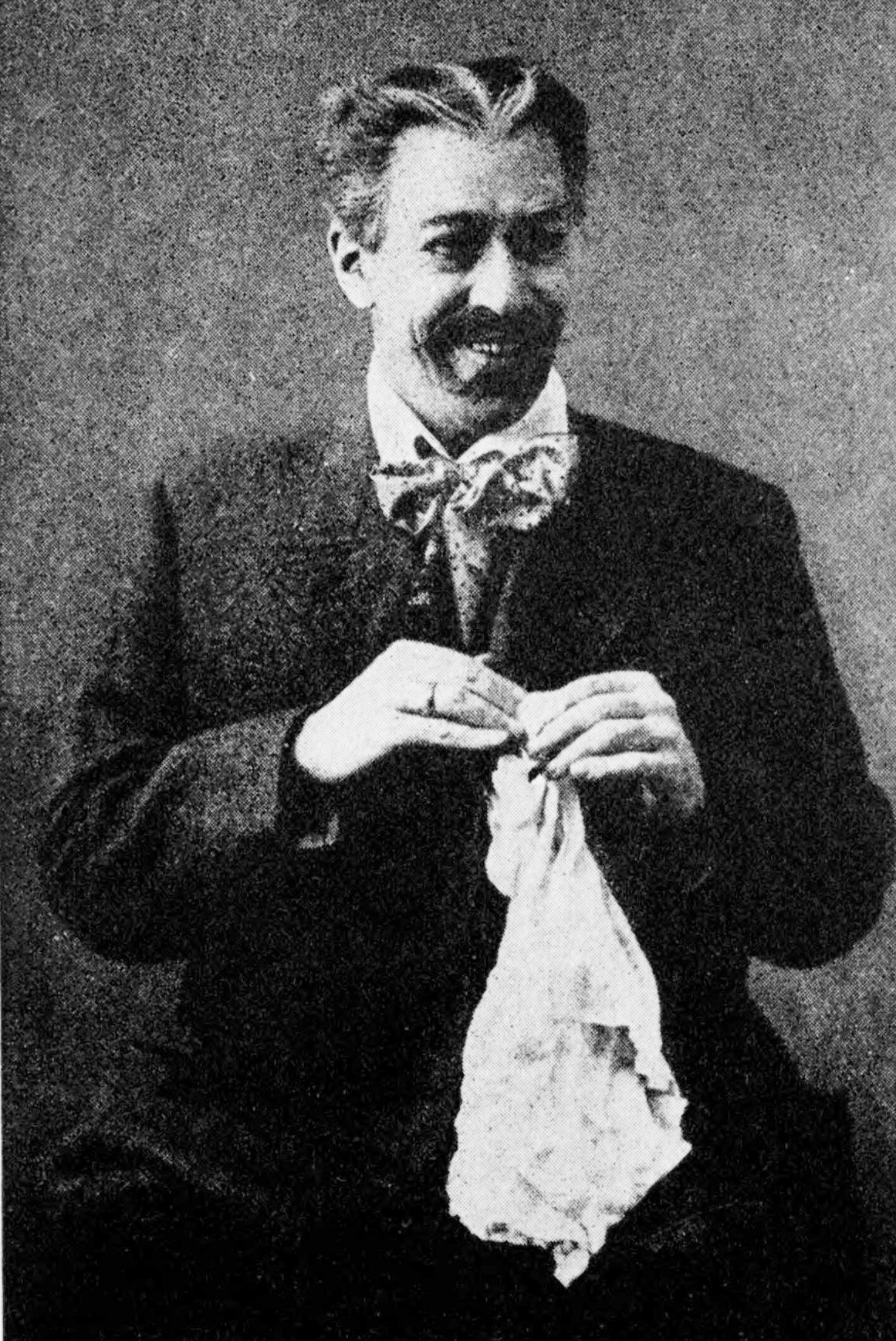|
Lydia Koreneva
Lydia Mikhaylovna Koreneva (russian: Лидия Михайловна Ко́ренева, 31 July 1885 - 2 July 1982) was a Russian, Soviet stage actress associated with the Moscow Art Theatre. Biography Born into a Tambov-based noble family, Koreneva moved to Moscow aged 16 and enrolled into the MAT Drama school in 1904 which she graduated from in 1907 to join the Stanislavski-led troupe.Лидия Михайловна Коренева at the Theatre Encyclopedia Her first roles included Ksenya in '''' (1907), Water in '' The Blue Bird'' ... [...More Info...] [...Related Items...] OR: [Wikipedia] [Google] [Baidu] |
Tambov
Tambov (, ; rus, Тамбов, p=tɐmˈbof) is a types of inhabited localities in Russia, city and the administrative center of Tambov Oblast, Central Federal District, central Russia, at the confluence of the Tsna River (Moksha basin), Tsna and Studenets Rivers, about south-southeast of Moscow. Population: 280,161 (Russian Census (2010), 2010 Census); 293,658 (Russian Census (2002), 2002 Census); Etymology The name "Tambov" originates from the Moksha language, Mokshan word( mdf, томбале, tombale, the other side, the remote one) Geography Urban layout In terms of its layout, Tambov was no different from other fortified cities - the Kremlin, the prison and a small settlement. The chosen place was in full compliance with the requirements of the fortification. From the north and east, the new fortress was washed by rivers, and from the west and south it was protected by artificial ditches filled with water by the Studenets River. The Kremlin was surrounded by a six-meter w ... [...More Info...] [...Related Items...] OR: [Wikipedia] [Google] [Baidu] |
The Cherry Orchard
''The Cherry Orchard'' (russian: Вишнёвый сад, translit=Vishnyovyi sad) is the last play by Russian playwright Anton Chekhov. Written in 1903, it was first published by ''Znaniye'' (Book Two, 1904), and came out as a separate edition later that year in Saint Petersburg, via A.F. Marks Publishers.Commentaries to Вишневый сад The Complete Chekhov in 30 Volumes. Vol. 13. // Чехов А. П. Вишневый сад: Комедия в 4-х действиях // Чехов А. П. Полное собрание сочинений и писем: В 30 т. Сочинения: В 18 т. / АН СССР. Ин-т мировой лит. им. А. М. Горького. — М.: Наука, 1974—1982. Т. 13. Пьесы. 1895—1904. — М.: Наука, 1978. — С. 195—254. It opened ... [...More Info...] [...Related Items...] OR: [Wikipedia] [Google] [Baidu] |
Russian Stage Actresses
Russian(s) refers to anything related to Russia, including: *Russians (, ''russkiye''), an ethnic group of the East Slavic peoples, primarily living in Russia and neighboring countries *Rossiyane (), Russian language term for all citizens and people of Russia, regardless of ethnicity *Russophone, Russian-speaking person (, ''russkogovoryashchy'', ''russkoyazychny'') *Russian language, the most widely spoken of the Slavic languages *Russian alphabet *Russian cuisine *Russian culture *Russian studies Russian may also refer to: *Russian dressing *''The Russians'', a book by Hedrick Smith *Russian (comics), fictional Marvel Comics supervillain from ''The Punisher'' series *Russian (solitaire), a card game * "Russians" (song), from the album ''The Dream of the Blue Turtles'' by Sting *"Russian", from the album ''Tubular Bells 2003'' by Mike Oldfield *"Russian", from the album '' '' by Caravan Palace *Nik Russian, the perpetrator of a con committed in 2002 *The South African name for a ... [...More Info...] [...Related Items...] OR: [Wikipedia] [Google] [Baidu] |
Vagankovo Cemetery
Vagankovo Cemetery (russian: Ваганьковское кладбище, Vagan'kovskoye kladbishche), established in 1771, is located in the Presnya district of Moscow. It started in the aftermath of the Moscow plague riot of 1771 outside the city proper, so as to prevent the contagion from spreading. Half a million people are estimated to have been buried at Vagankovo throughout its history. As of 2010, the existing cemetery contains more than 100,000 graves. The vast necropolis contains the mass graves from the Battle of Borodino, the Battle of Moscow, and the Khodynka Tragedy. It is the burial site for a number of people from the artistic and sports community of Russia and the old Soviet Union. William Taubman claims that during the Great Purge "alcohol-soused guards would execute weeping prisoners" after they had dug their graves in the cemetery. The cemetery is served by several Orthodox churches constructed between 1819 and 1823 in the Muscovite version of the Empire styl ... [...More Info...] [...Related Items...] OR: [Wikipedia] [Google] [Baidu] |
USSR State Prize
The USSR State Prize (russian: links=no, Государственная премия СССР, Gosudarstvennaya premiya SSSR) was the Soviet Union's state honor. It was established on 9 September 1966. After the dissolution of the Soviet Union, the prize was followed up by the State Prize of the Russian Federation. The State Stalin Prize ( Государственная Сталинская премия, ''Gosudarstvennaya Stalinskaya premiya''), usually called the Stalin Prize, existed from 1941 to 1954, although some sources give a termination date of 1952. It essentially played the same role; therefore upon the establishment of the USSR State Prize, the diplomas and badges of the recipients of Stalin Prize were changed to that of USSR State Prize. In 1944 and 1945, the last two years of the Second World War, the award ceremonies for the Stalin Prize were not held. Instead, in 1946 the ceremony was held twice: in January for the works created in 1943–1944 and in June for the ... [...More Info...] [...Related Items...] OR: [Wikipedia] [Google] [Baidu] |
The Fruits Of Enlightenment
''The Fruits of Enlightenment'', aka ''Fruits of Culture'' (1889-90, pub. 1891) is a play by the Russian writer Leo Tolstoy. It satirizes the persistence of unenlightened attitudes towards the peasants amongst the Russian landed aristocracy. In 1891 Constantin Stanislavski achieved success when he directed the play for his Society of Art and Literature organization. Tolstoy created the first, incomplete draft of the play in 1886, along with ''The Power of Darkness''. Three years later, his children and wife persuaded him to complete the manuscript sufficiently for a house performance in Yasnaya Polyana. Tolstoy initially denied the proposal but quickly took the lead in directing the amateur actors; the cast included twenty six of his children, two nieces, a court prosecutor from Tula and a judge from Moscow. This first performance was on 30 December 1889. According to Sergei Tolstoy, the 1889 play deliberately reflected the realities of Yasnaya Polyana and the neighboring country es ... [...More Info...] [...Related Items...] OR: [Wikipedia] [Google] [Baidu] |
Lev Tolstoy
Count Lev Nikolayevich TolstoyTolstoy pronounced his first name as , which corresponds to the romanization ''Lyov''. () (; russian: link=no, Лев Николаевич Толстой,In Tolstoy's day, his name was written as in pre-reformed Russian. ; ), usually referred to in English as Leo Tolstoy, was a Russian writer who is regarded as one of the greatest authors of all time. He received nominations for the Nobel Prize in Literature every year from 1902 to 1906 and for the Nobel Peace Prize in 1901, 1902, and 1909; the fact that he never won is a major controversy. Born to an aristocratic Russian family in 1828, Tolstoy's notable works include the novels ''War and Peace'' (1869) and ''Anna Karenina'' (1878), often cited as pinnacles of realist fiction. He first achieved literary acclaim in his twenties with his semi-autobiographical trilogy, ''Childhood'', '' Boyhood'', and ''Youth'' (1852–1856), and '' Sevastopol Sketches'' (1855), based upon his experiences in t ... [...More Info...] [...Related Items...] OR: [Wikipedia] [Google] [Baidu] |
Maria Lilina
Maria Petrovna Alexeyeva (russian: Мари́я Петро́вна Алексе́ева, Perevoshchikova, Перево́щикова, 21 June 1866 - 24 August 1943) was a Russian stage actress, associated with the Moscow Art Theatre, better known under her stage name Lilina (Ли́лина). Konstantin Stanislavski, the MAT director, was her husband. In 1933 Lilina was designated as a Meritorious Artist of RSFSR.Maria Petrovna Lilina Biography at the Moscow Art Theatre site Career Lilina was a founding member of the MAT troupe which she joined in 1898. Her two breakthrough performances, which brought her to fame, were Masha in '''' and Sonya in '' |
People’s Artist Of The RSFSR
People's Artist of the RSFSR (russian: Народный артист РСФСР, ''Narodnyj artist RSFSR'') was an Title of honor, honorary title granted to Soviet, Soviet Union artists, including theatre and film directors, choreographers, music performers, and orchestra conductors, who had outstanding achievements in the arts, and who lived in the Russian Soviet Federative Socialist Republic (RSFSR). This title was one rank below Honored Artist of the RSFSR and one above People's Artist of the USSR. The title was introduced on 10 August 1931. In 1992, after the Russian Soviet Federative Socialist Republic, Russian SFSR was renamed as the Russia, Russian Federation, it was replaced with People's Artist of Russia. Miscellaneous This title is not to be confused with the title which is spelled in Russian ''Народный художник РСФСР'', and which was granted for achievements in the visual arts. References {{DEFAULTSORT:People's Artist Of The RSFSR Awards es ... [...More Info...] [...Related Items...] OR: [Wikipedia] [Google] [Baidu] |
Theatrical Novel
''Theatrical Novel'' (''Notes of a Dead Man''), translated as ''Black Snow'' and ''A Dead Man's Memoir'' (russian: Театральный роман (Записки покойника), translit=Teatralnyy roman (Zapiski pokoynika) is an unfinished novel by Mikhail Bulgakov. Written in first-person, on behalf of a writer Sergei Maksudov, the novel tells of the drama behind-the-scenes of a theatre production and the Soviet writers' world. Background In 1929, Bulgakov started working on a novella, written in the form of letters, called ''For Secret Friend'' (also unfinished), addressed to his future wife Elena Bulgakova, which explains how he "became a playwright". In 1930, ''For Secret Friend'' began to develop into a new novel, ''The Theatre'', but in the same year he burned his initial sketches, along with rough drafts of ''The Master and Margarita''. Six years later and several weeks after the final break with Moscow Art Theatre, Bulgakov began writing a novel about the theatre ... [...More Info...] [...Related Items...] OR: [Wikipedia] [Google] [Baidu] |
Mikhail Bulgakov
Mikhail Afanasyevich Bulgakov ( rus, links=no, Михаил Афанасьевич Булгаков, p=mʲɪxɐˈil ɐfɐˈnasʲjɪvʲɪtɕ bʊlˈɡakəf; – 10 March 1940) was a Soviet writer, medical doctor, and playwright active in the first half of the 20th century. He is best known for his novel ''The Master and Margarita'', published posthumously, which has been called one of the masterpieces of the 20th century. He is also known for his novel ''The White Guard''; his plays '' Ivan Vasilievich'', ''Flight'' (also called ''The Run''), and ''The Days of the Turbins''; and other works of the 1920s and 1930s. He wrote mostly about the horrors of the Russian Civil War and about the fate of Russian intellectuals and officers of the Tsarist Army caught up in revolution and Civil War.Bulgakov's biogra ... [...More Info...] [...Related Items...] OR: [Wikipedia] [Google] [Baidu] |
The King Of Paris (1917 Film)
''The King of Paris'' (Russian:Король Парижа, translit:Korol' Parizha) is a 1917 Russian silent feature film directed by Yevgeni Bauer. The film was shot in the cinema factory of Aleksandr Khanzhonkov in Yalta. This was the last work of Yevgeni Bauer. As he worked on his previous film, ''For Happiness'' (ru: «За счастьем»), Bauer broke his leg, and he shot this film while in a bathchair, but soon fell ill with pneumonia. He began shooting in early summer of 1917, but he was soon placed in Yalta hospital and on 9 June 1917 he died. Actress Olga Rakhmanova finished the film. Plot In Paris, Raskol takes young Bremond under his protection. He tells him that if he treats women as slaves, men as enemies and businessmen as puppets, he will become King of Paris. The two men, now passing as Count de Saint-Venkov and Marquis de Predamond apply the recipe very successfully. However, when Bremond wants to marry the Duchess von Dorstein for her money, he will have to c ... [...More Info...] [...Related Items...] OR: [Wikipedia] [Google] [Baidu] |




.jpg)